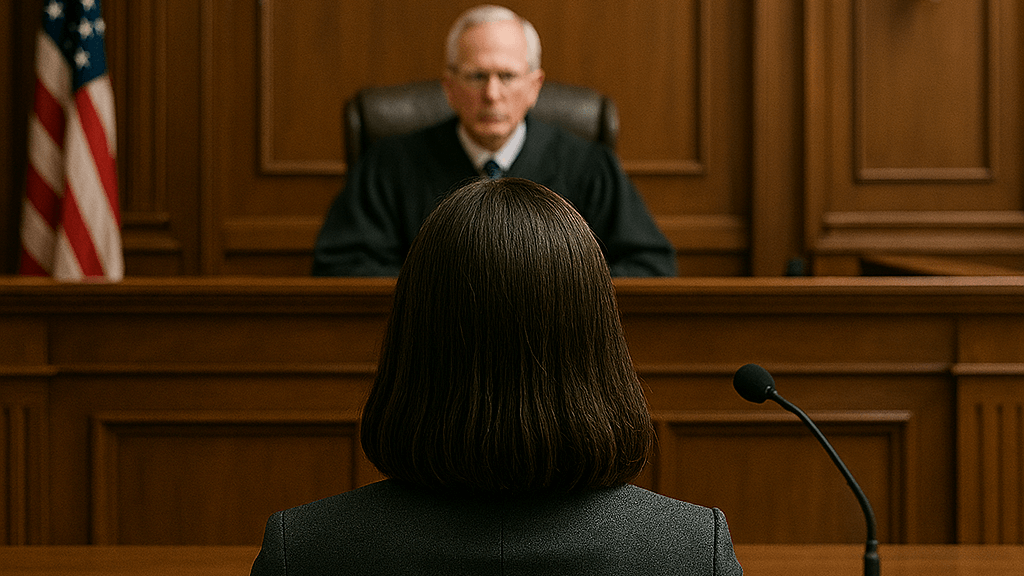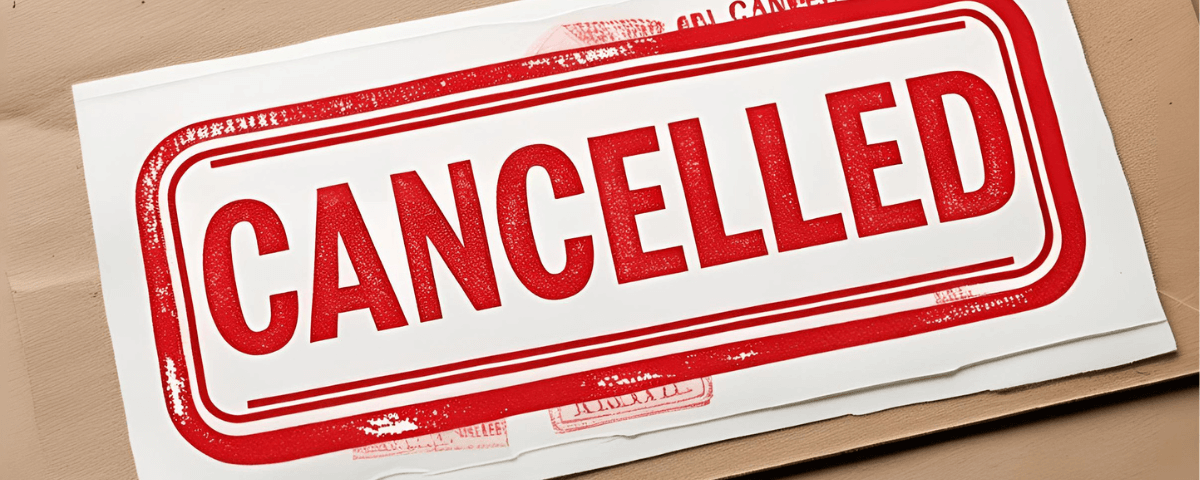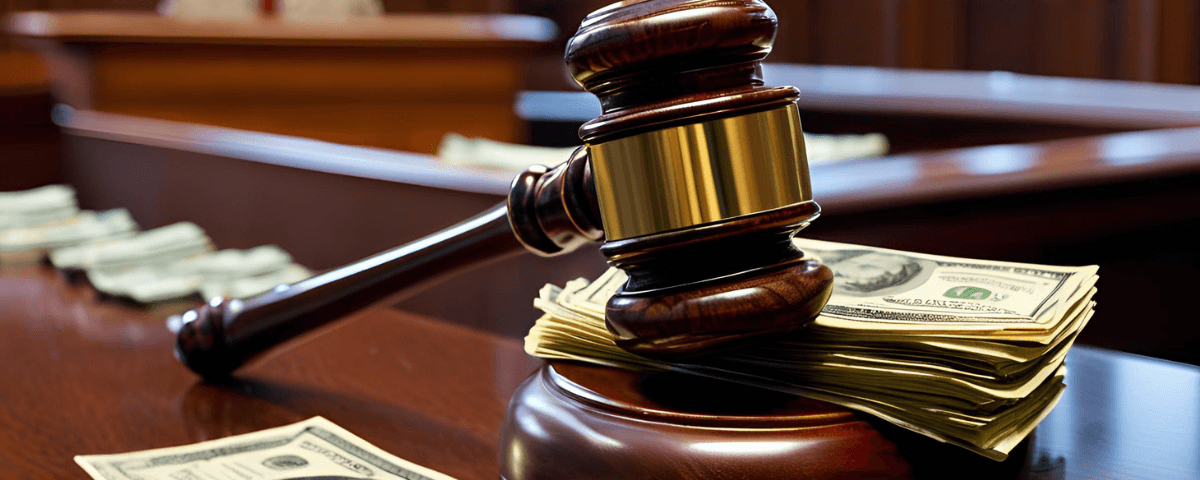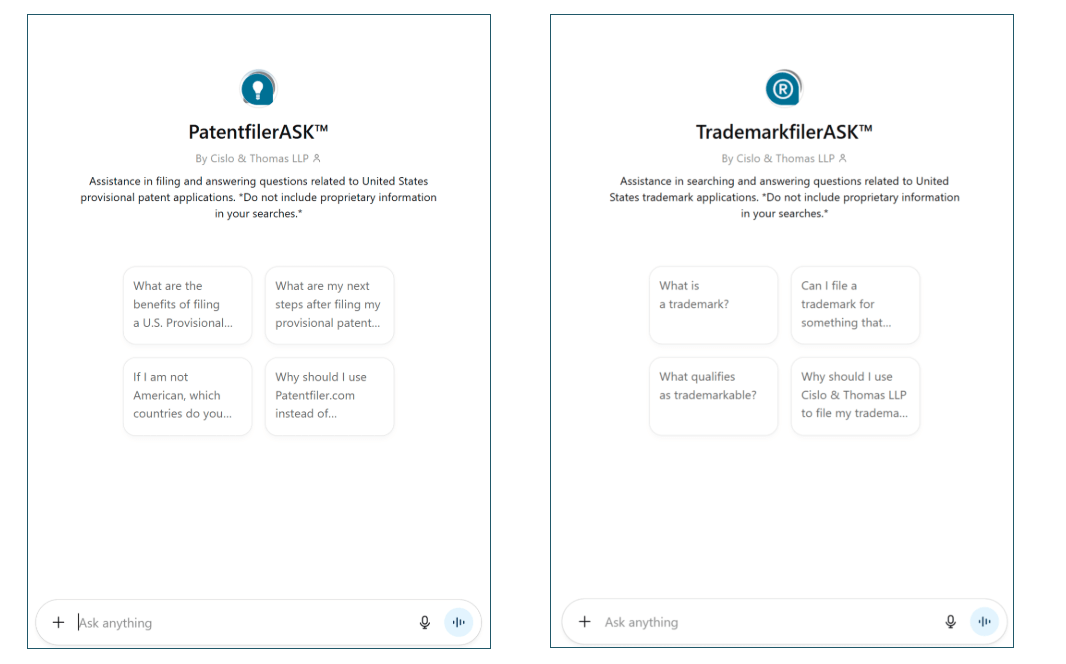Apollonia Sues Prince’s Estate to Protect Her Name
Takeaway: Patty “Apollonia” Kotero has sued Prince’s estate to protect her rights to her “Apollonia” name, highlighting the importance of securing and defending personal trademarks even decades after their creation.

Actress and singer Patty Kotero, better known by her stage name Apollonia, has filed a lawsuit against Prince’s estate in the U.S. District Court for the Central District of California, seeking to establish her exclusive rights to her “Apollonia” name. Ms. Kotero rose to fame as Prince’s co-star and love interest in the 1984 cult classic Purple Rain, and continues to use the name professionally, including as host of the podcast Apollonia Studio 6.
Her complaint alleges that despite decades of undisputed use, Prince’s estate applied for federal trademark rights to “Apollonia” covering clothing and entertainment services, and even petitioned the USPTO to cancel Kotero’s own trademark. The estate contends that contracts signed by Ms. Kotero, in 1983 and 1984, gave ownership of the name to Prince. Kotero disputes this, insisting that neither Prince nor his representatives ever objected to her use of the name during his lifetime.
Kotero, represented by attorneys Daniel Cislo and Katherine Bond of Cislo & Thomas LLP, argues that the estate’s challenge comes far too late and is barred by the long passage of time. She is asking the court to issue a declaration confirming her rightful ownership of the “Apollonia” name.
USPTO Cancels Tens of Thousands of Trademark Filings Over Forged Signatures and Unauthorized Practice
Takeaway: The USPTO has canceled over 52,000 fraudulent trademark applications or registrations linked to Shenzhen Chenhaiyun Tech. Co. Ltd., underscoring its commitment to protecting the integrity of the trademark register from unauthorized legal practice and forged filings. Thus, it is important to have a legitimate U.S. attorney handle your trademark matters.

The U.S. Patent and Trademark Office has sanctioned Shenzhen Chenhaiyun Tech. Co. Ltd. and related businesses for engaging in the unauthorized practice of law, forging signatures, and submitting fraudulent documents in connection with trademark applications. The companies, which admitted having no training in U.S. law, prepared and filed trademark submissions and provided legal advice, falsely claiming ignorance of legal requirements. The USPTO found that more than 52,000 trademark applications and registrations tied to the companies contained false signatures, fabricated attorney names, or unsupported claims, leading to their termination. The agency said the action protects the integrity of the trademark register by ensuring it reflects marks genuinely used in commerce.
USPTO Faces Record Patent Backlogs and Delays Amid Staffing Cuts Under Trump Administration
Takeaway: Expect longer times to process your patents and trademarks. Facing record patent backlogs, unprecedented examination delays, and shrinking staff under the second Trump administration, the USPTO’s worsening capacity makes expedited programs like Track One and streamlined filings essential for timely patent prosecution.

Under the second Trump administration, the U.S. Patent and Trademark Office has been hit by budget constraints, hiring freezes, and examiner attrition, mirroring broader federal workforce cuts. Fiscal year 2025 data shows the agency on track for its largest-ever backlog of unexamined patent applications — over 805,000 as of June — alongside record delays for first office actions, now averaging 23.3 months compared to 19.9 months last year. The examiner headcount has dropped by nearly 200 since 2024, and new positions come with in-person work mandates, no telework flexibility, and no union protections, making recruitment more challenging. With fewer resources and mounting delays likely to worsen, applicants and prosecutors are encouraged to use strategies like the Track One prioritized examination program, which can yield final dispositions in under six months, and to streamline claims before filing to avoid procedural slowdowns.
Recording Your IP with Customs is Helpful in Stopping Counterfeits
Takeaway: Recording your trademark or copyright with U.S. Customs and Border Patrol and the General Administration of Customs in China are powerful steps to stop counterfeit importations into the U.S.

Safeguarding your intellectual property doesn’t stop once your trademark or copyright is registered. One of the most effective but often overlooked steps in protecting your brand from counterfeiters is recording your intellectual property rights with U.S. Customs and Border Protection (CBP). When you record your trademark or copyright with CBP, you give customs officials the tools they need to monitor imports at U.S. borders and seize counterfeit goods before they reach the marketplace. This proactive measure greatly reduces the risk of knockoffs diluting your brand’s reputation or undercutting your business.
For companies doing business in China, recording your registered trademark or copyright with the General Administration of Customs People’s Republic of China can provide another layer of protection. Counterfeit products are often manufactured in China, and by recording your intellectual property there, Chinese customs officials are empowered to stop infringing goods before they are even exported.
At Cislo & Thomas LLP, we help our clients navigate the recording process with both U.S. and international customs agencies to ensure their intellectual property is fully protected. Whether your business is expanding globally or focused on the U.S. market, we can tailor a strategy to safeguard your valuable brand assets.
Apple Lawsuit Highlights Risks of Trade Secret Theft
Takeaway: Apple’s lawsuit against a former Apple Watch engineer accused of stealing trade secrets underscores the growing risk of employee misappropriation and the need for companies to implement strong protocols to protect their confidential innovations.

Apple has filed a lawsuit in California federal court against Chen Shi, a former Apple Watch engineer, accusing him of stealing sensitive trade secrets to benefit his new employer, Chinese phone maker Oppo. According to the complaint, Shi secretly downloaded dozens of confidential documents and held one-on-one meetings with Apple’s technical team in the weeks before his departure, collecting proprietary information about Apple’s health-sensing technologies, including optical and temperature sensors and electrocardiogram features.
Apple alleges Shi lied to colleagues about his intentions, falsely claiming he was returning to China to care for family, while in reality preparing to join Oppo’s wearables team. The case underscores the risks companies face when employees with access to critical intellectual property leave for competitors, especially in fast-moving technology sectors.
Trade secrets are a pivotal centerpiece to successful businesses, and any company, big or small, is left vulnerable without proper safeguarding. Cislo & Thomas LLP can assist your business in establishing a protocol to protect trade secrets and protect you from similar vulnerabilities.
USPTO Tightens Discretionary Denials in Patent Challenges
Takeaway: The USPTO is increasingly relying on discretionary denials, signaling that petitioners face steep hurdles when patents are older or tied to ongoing litigation, while challenges to newer patents remain the most viable path forward for inter-party reviews of patents at the USPTO.

The U.S. Patent and Trademark Office continues to lean heavily on discretionary denials, with Acting Director Coke Morgan Stewart and Deputy Chief Judge Kal Deshpande rejecting most petitions for review while sending only a limited number to the Patent Trial and Appeal Board. Stewart recently denied 54 petitions and referred 22, while Deshpande issued six denials and three referrals in the latest round.
Stewart did grant rehearing in Advanced Micro Devices’ challenge to a Concurrent Ventures patent after related litigation was stayed, reversing her earlier denial. But in most cases she has emphasized factors such as trial schedules, patent age, prior ownership, and settled expectations of patent owners. She denied petitions from DataDome against Arkose Labs’ anti-bot patents, Microsoft against Dialect voice-recognition patents, and Tessell against Nutanix patents invented by its own founders.
Deshpande expanded the settled expectations doctrine by rejecting Samsung’s challenges to GenghisComm patents, some issued as recently as 2022. Until now, the USPTO had only applied the doctrine to patents at least six years old, but Deshpande said ongoing Texas litigation made review inefficient even for newer patents.
Not all challenges failed. Stewart allowed MIM Software to proceed against a diagnostic imaging patent issued in 2024, where litigation has been stayed, and referred petitions involving Birchtech mercury removal patents in multidistrict litigation. Other recent referrals involved newly issued patents or cases where examiner error was identified.
The trend is clear: challenges to older patents or those already tied up in court face long odds, while newly issued patents and cases showing procedural flaws remain the most viable path to PTAB review.
Cislo & Thomas LLP Spotlight
Congratulations to Daniel M. Cislo and Jeffrey G. Sheldon on Best Lawyers Award
Congratulations to Daniel M. Cislo, Esq. and Jeffrey G. Sheldon, Esq. on their inclusion in the 32nd Edition of The Best Lawyers in America for their work in IP Litigation, Patent Litigation, Patent Law, and Trademark Law!
Dan and Jeff are both experienced IP attorneys with focus on all aspects of intellectual property, from prosecution and litigation to domestic and international licensing, having handled thousands of patent and trademark applications and hundreds of IP litigation cases.
Great work Dan and Jeff!

PatentfilerASK™ and TrademarkfilerASK™ Now Available
Cislo & Thomas has released PatentfilerASK™ and TrademarkfilerASK™, powered by ChatGPT, as an easily-accessible first step for questions related to searching, filing, and protecting patent and trademark applications and registrations. Easily accessible under the “ASK” tab on their respective websites, this features allows users to ask their own questions related to the IP process or prompts users with sample questions, such as “What are the benefits of filing a U.S. Provisional Patent Application?”.
This is just one of the many efforts in Cislo & Thomas’s dedication to providing up and coming technology for its clients. CopyrightfilerASK™, TradesecretfilerASK™, and CisloASK™ are currently being developed and will be available next month.




